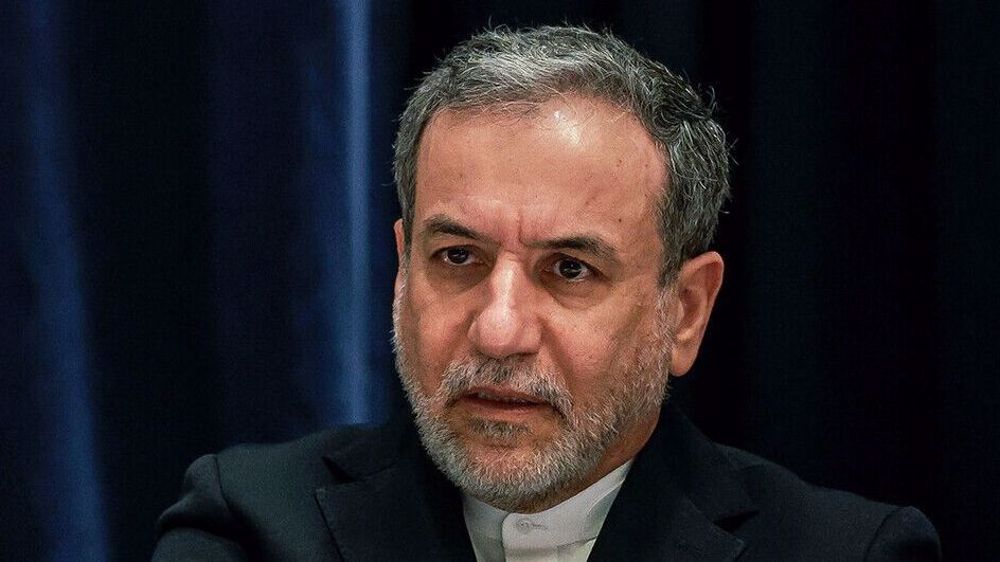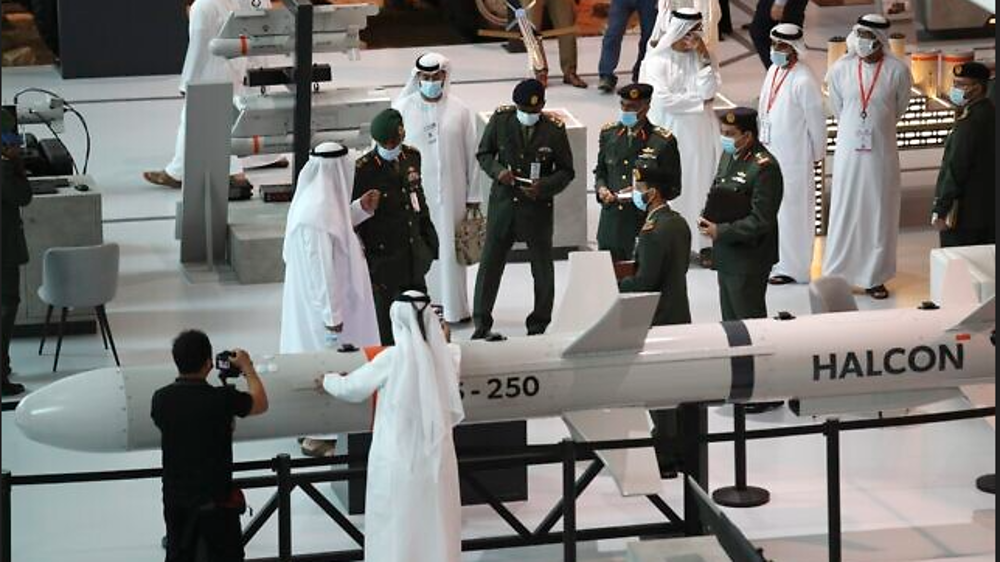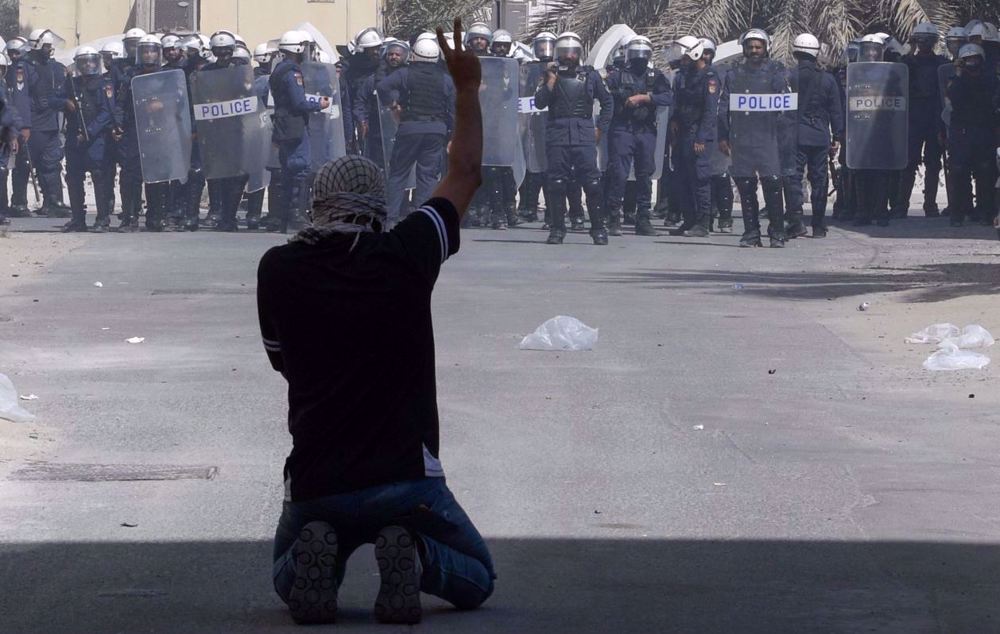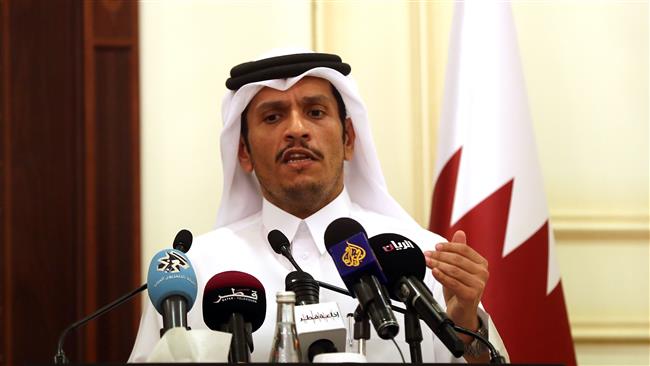Qatar dismisses UAE accusation of ‘intercepting’ 2 Emirati passenger aircraft
The United Arab Emirates (UAE) alleges that Qatar has “intercepted” two Emirati passenger aircraft en route to Bahrain, but Doha rejects the accusation amid a growing row over purported airspace violations.
The UAE General Civil Aviation Authority alleged in a statement on Monday that in the morning it had “received a message from a national carrier … that an aircraft on a routine flight to Manama was intercepted by Qatari fighter jets in a flagrant and serious threat to the safety of civil aviation and a clear violation of international law.”
It added that the flight had all the necessary paperwork, denouncing the purported incident. The authority also asserted that it would take “all necessary legal measures to ensure the safety and security of civil air traffic.”
The authority later claimed that a second Emirati passenger aircraft bound for Bahrain was also intercepted by Qatari warplanes.
Meanwhile, Sheikh Saif Bin Ahmed al-Thani, the director of Qatar’s government communications office, said on his official Twitter account that the allegation was “completely untrue.”
Furthermore, Lulwa al-Khater, a spokeswoman for Qatar's Foreign Ministry also denied the charges. “The state of Qatar announces that the claims of Qatari fighter planes intercepting a UAE civil aircraft (are) completely false," she tweeted.
On Friday, Qatar lodged a complaint with the UN about an alleged violation of its airspace on December 21 by an Emirati military aircraft. Moreover, Doha, also alleged on Saturday that a second Emirati warplane violated Qatari airspace as it was traveling from the UAE to Bahrain on January 3, “without prior authorization.”
Tensions have escalated in the Persian Gulf region after Saudi Arabia, Bahrain, Egypt, and the UAE severed their diplomatic relations with Qatar on June 5 last year, accusing it of sponsoring “terrorism” and destabilizing the region.
The Saudi-led bloc has also imposed sanctions against the country, including restrictions on Qatari aircraft using their airspace. Amid the diplomatic crisis, Abu Dhabi has taken an especially tough line toward Doha. To further pressure Qatar, Saudi Arabia has totally closed its land border with its tiny neighbor, through which much of Qatar's food supply crossed. Doha, however, rejects the claims, saying the boycotters are attacking its sovereignty.
Later in June, the four Arab countries urged Qatar to abide by a 13-point list of demands if it wanted the crippling blockade lifted. The demands included shutting down the Doha-based Al Jazeera broadcaster, scaling back cooperation with Iran, closing the Turkish military base in Qatar, and paying an unspecified sum in reparations. Qatar, however, firmly refused to comply, calling the wide-ranging demands “unrealistic, unreasonable and unacceptable.” In return, the four feuding countries vowed to impose further sanctions.
A number of attempts to mend the unprecedented rift have so far turned to be futile, including those by US Secretary of State Rex Tillerson, Turkish President Recep Tayyip Erdogan, and Kuwaiti Emir Sabah al-Ahmad al-Jaber Al-Sabah, whose country has been playing the role of a key mediator since the beginning of the crisis.
VIDEO | Press TV's news headlines
Iranian satellites launched into space as private sector debuts in space industry
VIDEO | Iran, Azerbaijan conduct joint maritime rescue operations
VIDEO | Yemen’s Red Sea divide: Naval forces block Israeli-linked ships in strategic ‘parting of the water’
VIDEO | Southern Gaza: Israel’s facade for famine and suffering
VIDEO | IOF hampering humanitarian aid
VIDEO | Sharmahd: Justice Done
Iran repeatedly warned Israel not to test its will: FM













 This makes it easy to access the Press TV website
This makes it easy to access the Press TV website